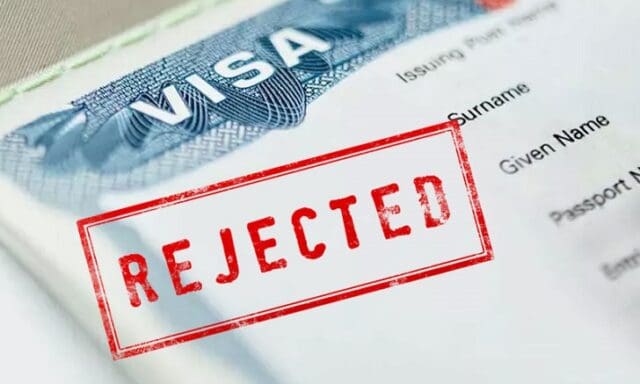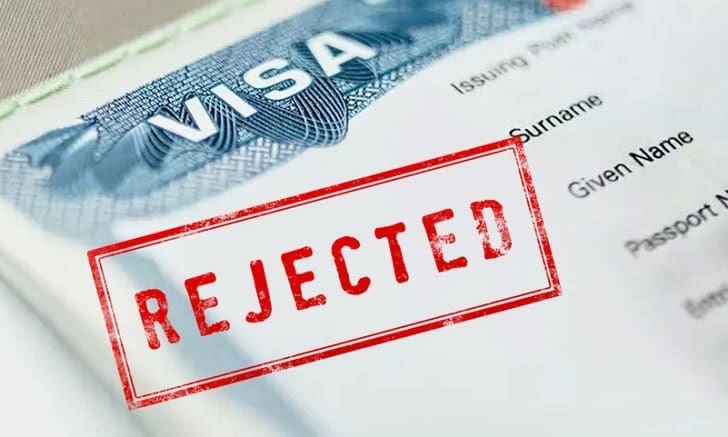

In today’s digital age, social media is an integral part of our lives, shaping connections and interactions. However, the online persona you cultivate can have serious real-world consequences, especially when it comes to applying for a US visa.
Before hitting “post,” it’s essential to consider how your social media activity might influence your visa approval process. From seemingly innocuous photos to controversial statements, every online action could be scrutinized by immigration officials.
– Advertisement –
Recent policies by U.S. immigration authorities indicate that social media activity can influence visa applications and immigration status.
The Department of Homeland Security (DHS) has implemented measures allowing the review of social media profiles of immigrants and visa applicants to identify potential security risks, including support for terrorism or antisemitic content.
This scrutiny can lead to visa denials or revocations if posts are deemed to promote violence or extremist ideologies.
– Advertisement –
For example, the case of Mahmoud Khalil, a former Columbia University student, highlights this issue. Khalil faced detention and potential deportation due to social media posts allegedly supporting organizations like Hamas, emphasizing the serious consequences of online expressions.
Additionally, U.S. Customs and Border Protection (CBP) has the authority to inspect electronic devices and review social media activity at the border. Travelers have reported concerns about potential denial of entry based on their online content, including satirical comments about political figures.
To mitigate risks, it’s advisable to:
- Review Privacy Settings: Ensure your social media profiles are set to private, limiting visibility to trusted individuals.
- Align Information: Verify that details on your social media match those provided in your immigration applications to avoid inconsistencies.
- Avoid Controversial Content: Refrain from posting material that could be interpreted as promoting violence, supporting extremist groups, or criticizing U.S. policies or officials.
- Be Cautious with Friend Requests: Accept connections only from individuals you know personally to reduce exposure.
Remember, even deleted posts can persist online and may be accessible during immigration reviews. Being mindful of your digital footprint is essential to maintaining a favorable immigration status.
